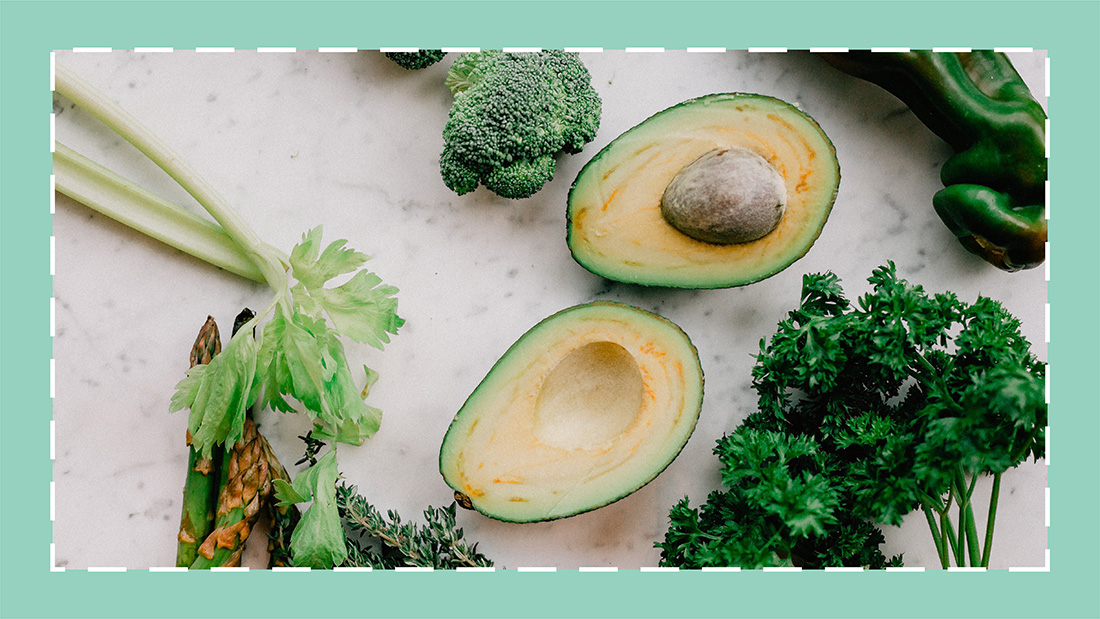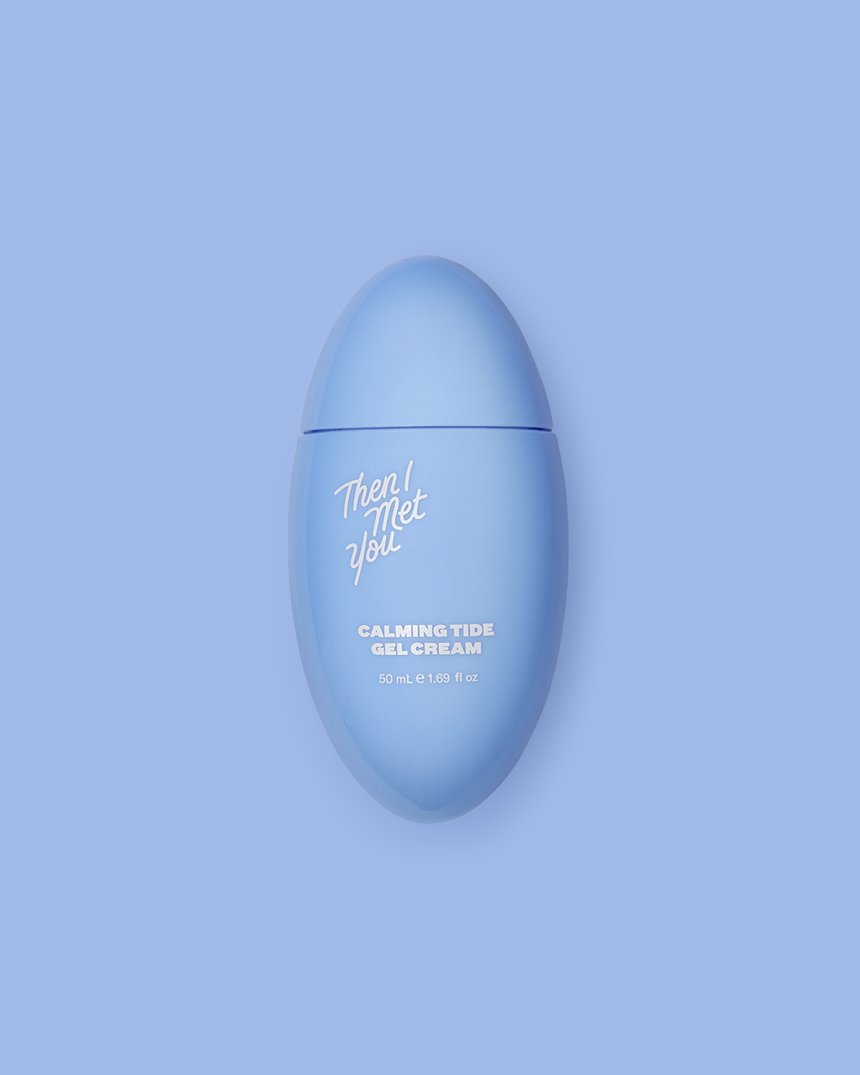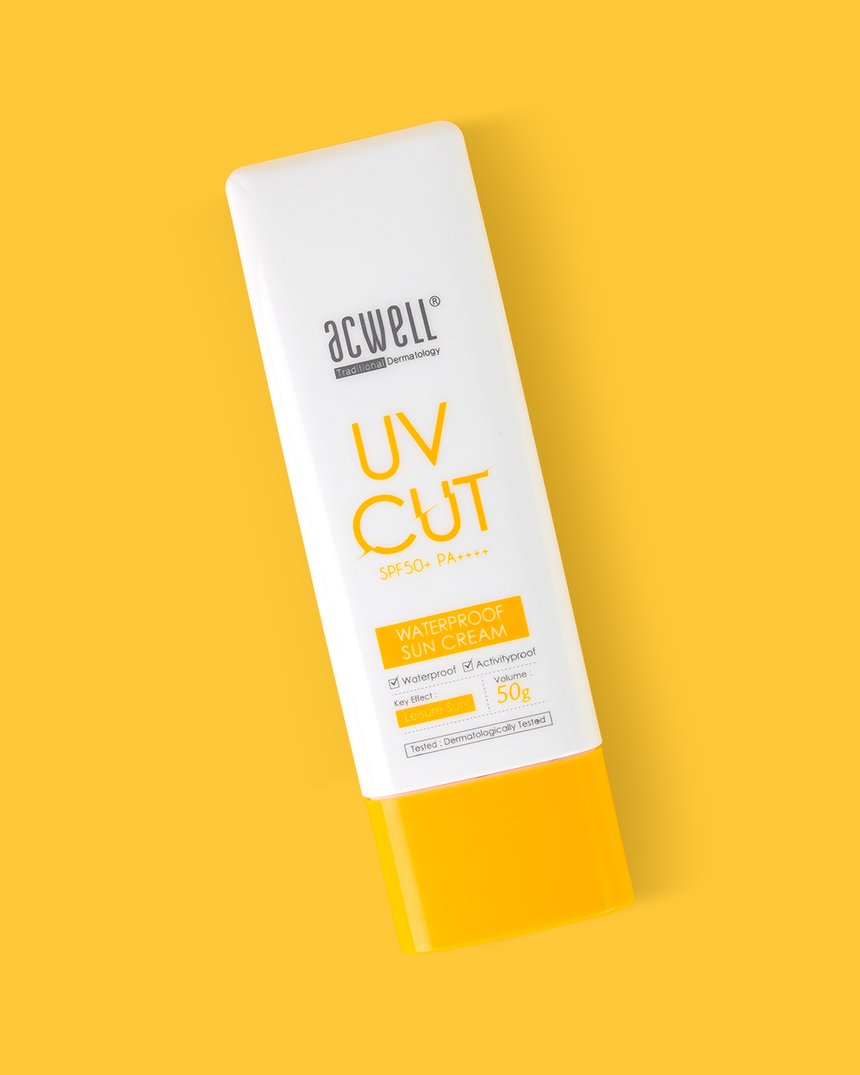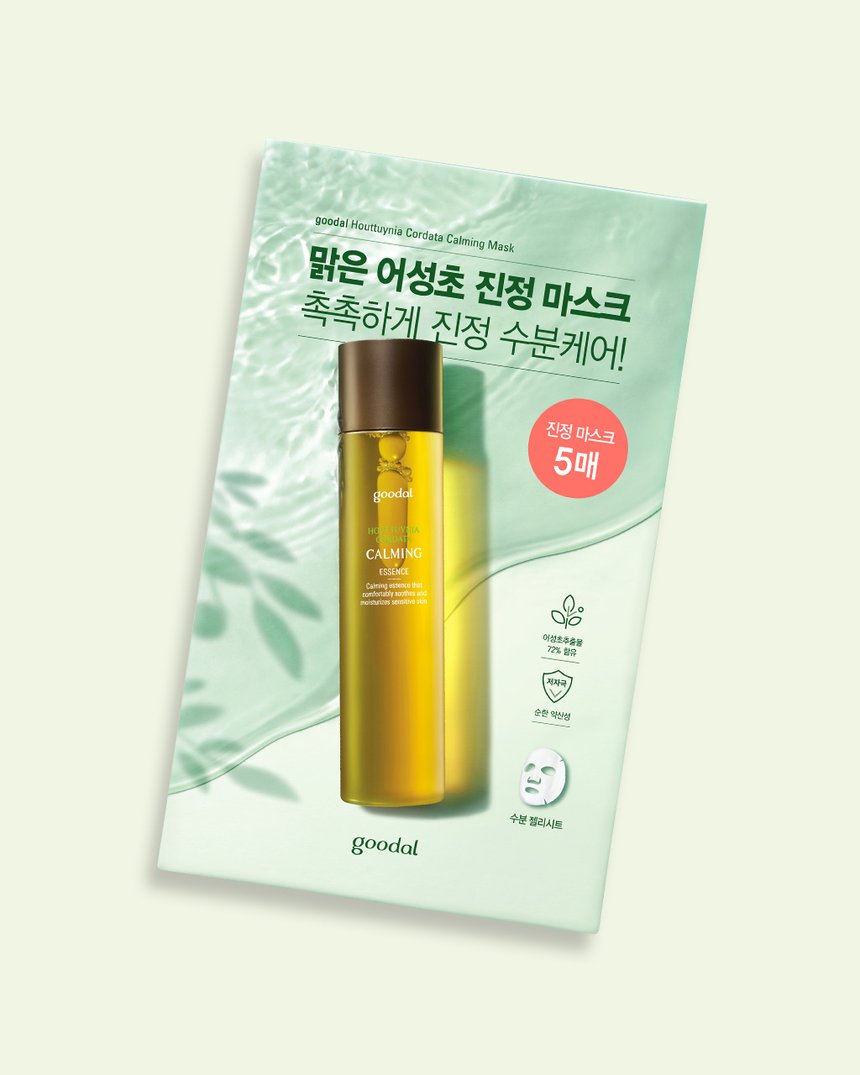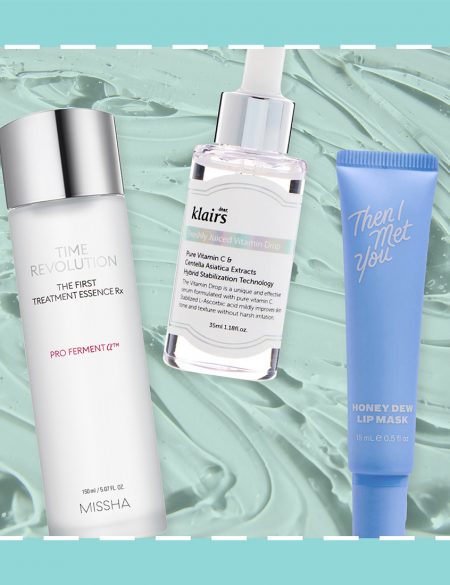Move over vitamin C, there’s a new star vitamin in town. From decreasing oil production to nourishing the skin barrier, it turns out these superhero vitamin B derivatives really can do it all.
Ever wonder why there are so many different vitamin B derivatives? Us too. Here, we’re answering all your questions and dishing on the most important vitamin B derivates you’ll find in skin care products because it turns out each form holds its own treasure chest of benefits.
There are eight vitamin B derivates, to be exact, and they all serve their own purpose. As a consumer, this can be overwhelming. But, fear not, we’re about to break it all down for you, so you can reach all your skin care goals with this long overshadowed vitamin.
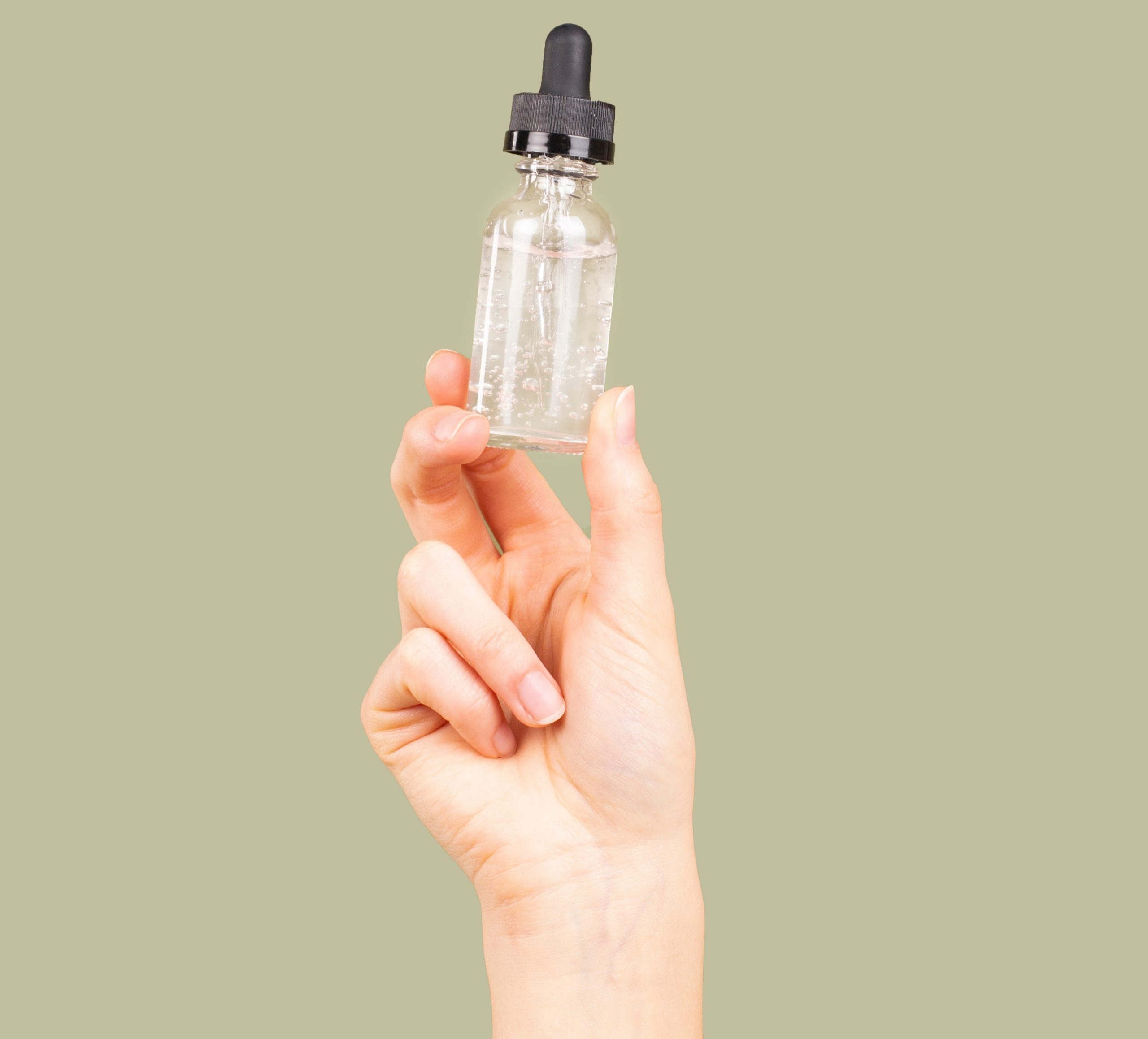
When consumed, each form of vitamin B aids the body in some way. For example, vitamin B1 (thiamine) helps the nervous system, brain, and heart function more efficiently, and vitamin B9 (folic acid) aids in cell growth and DNA formation!
Some forms of vitamin B can also improve the health and quality of our skin when they’re applied topically. In fact, some of these are considered some of the most important skin care ingredients you can incorporate into your skin care routine!
With expert insight, we’re highlighting the four most common derivatives of vitamin B used for skin care and explaining how each uniquely benefits your skin.
Vitamin B3 (Niacin)
Niacin comes in two different variations: nicotinic acid and niacinamide (aka nicotinamide). It’s that second version that’s considered a saint and hero in skin care formulations and has taken complexions by storm recently.
“Although it has been around forever, niacinamide has received a lot of buzz over the past few years,” says Dr. Sunitha Posina, a board-certified internist based in New York City. “Studies have shown that niacinamide levels as low as 2% in topical application can help decrease oil production and help improve acne. In addition, it is one of the least non-irritating treatment options available to help treat acne.”
With regular use, niacinamide can improve the tone and texture of your skin and reduce overall inflammation and discoloration. You can try it in Then I Met You Calming Tide Gel Cream™, a lightweight cream that hydrates, repairs, soothes, and calms your skin. Niacinamide is also found in Swanicoco Fermentation Peptine Eye Care Cream, which helps plump fine lines and brighten dark under eyes.
Vitamin B5 (Pantothenic Acid)
This form of vitamin B is known for his hydrating abilities. In skin care ingredient lists, you’ll see this ingredient moonlighting as “panthenol.”
“When you apply panthenol topically to the skin, it gets converted into pantothenic acid, which acts as a humectant. This means that it attracts and holds onto water,” explains Dr. Posina. “In addition to being a humectant, it helps prevent trans-epidermal water loss (TEWL), which helps seal in the hydration that it retained with its humectant property and keeps the skin soft and moisturized.”
Additionally, it has some anti-inflammatory effects to help calm and soothe skin. This makes it a nice addition to sunscreens! For example, you can find it in Acwell UV Cut SPF 50+PA++++ Waterproof Sun Cream a sophisticated, lightweight sunscreen that also contains niacinamide and centella asiatica (cica).
Panthenol is also a star ingredient in Goodal Houttuynia Cordata Calming Mask along with Houttuynia cordata (aka heartleaf) that also boasts anti-inflammatory effects.
Vitamin B7 (Biotin)
This form of vitamin B isn’t applied topically, but we’d be remiss to leave it off our list! Usually taken as an oral supplement, vitamin B7 (biotin) is considered a valuable vitamin used to improve hair, nail, and skin health. It’s not a miracle cure-all and there’s still research underway, but if you’re seeking ways to foster stronger and healthier nails, skin, and hair then it’s work speaking to your doctor about. Do note that in some cases, biotin may negatively impact acne.
Vitamin B12 (Cobalamin)
“Also known as cobalamin, vitamin B12 is well-known for preventing pigmentation, dark spots, and sunspots,” says Dr. Posina. Like biotin, this form of vitamin B is more commonly taken as a supplement. There are also trendy B12 “booster shots” and vitamin drips that have started gaining momentum.
That said, vitamin B12 is also found in some topical skin care formulations. It’s primarily used to help stimulate cell recovery and generation for skin that’s healthier, stronger, and more youthful looking. You can try this ingredient in Enature Vita 8 Nutritive Sheet Mask, a sheet mask that also contains vitamins C, E, and B5. You’ll also find B12—along with a few other vitamins—in TonyMoly Vital Vita 12 Brightening Ampoule.


